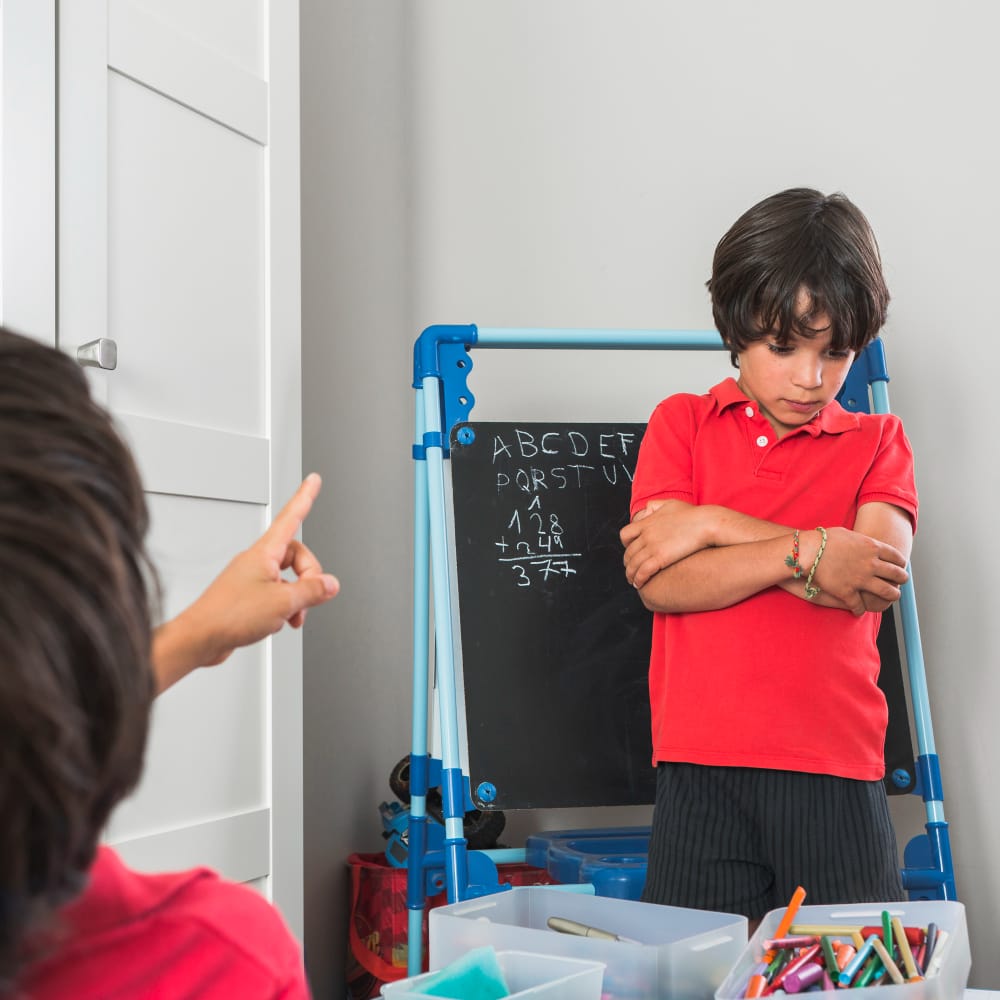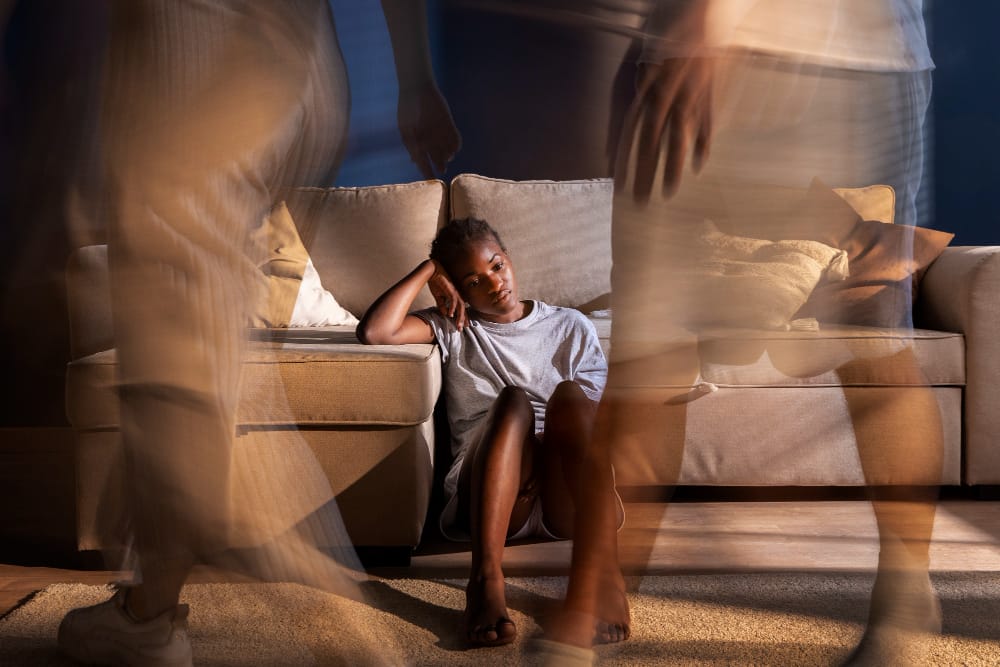 Social skills are what enables us to live successfully and relatively peacefully among other people. Learning to interact with others is a very important aspect of your child’s development for as she grows she will slowly move from spending most of her time with family members and close friends in a protected home environment to spending a large chunk of her time with other children in social settings such as at school and at birthday parties. Social skills are an important part of school readiness and researchers have found that children who do not have close relationships at school report that they do not like school, no matter how well they are coping academically. Through her relationships with others, your child will develop a sense of who she is and where she fit in in the social world.
Social skills are what enables us to live successfully and relatively peacefully among other people. Learning to interact with others is a very important aspect of your child’s development for as she grows she will slowly move from spending most of her time with family members and close friends in a protected home environment to spending a large chunk of her time with other children in social settings such as at school and at birthday parties. Social skills are an important part of school readiness and researchers have found that children who do not have close relationships at school report that they do not like school, no matter how well they are coping academically. Through her relationships with others, your child will develop a sense of who she is and where she fit in in the social world.
We might think of socially adept people as being confident and outgoing, and while these qualities may certainly make it easier for certain children to interact socially with others it is by no means the only way in which to gain social competence. Many children and adults have quieter styles of relating to their peers and they may maintain very successful, rewarding friendships that stretch over many years.
Your child will learn some social skills by simply watching you and how you interact with others, while you will have to actively go about teaching her other skills. In my opinion learning to be polite and use good manners form the very building blocks of any person’s social development. Other good qualities to have include a sense of humour, a positive attitude (this is often one of the most difficult social skills to maintain as complaining can becoming a contagious habit), being considerate towards others, having empathy for others and being flexible (which is turn is the building block of learning the art of successful negotiation).
By tuning into your child’s needs from a young age you can show her that you care for her and take her feelings into consideration. Similarly, when you model good behaviour in your interactions with other people your child will naturally begin to imitate you. Be sure to praise your child when she is interacting positively with others as this will not only reinforce good social skills but will also help her understand why certain behaviours are worthy of praise. And lastly, ensure that she has plenty of opportunities to practice her social skills. She might not always get it right the first time and there are bound to be few scuffles and misunderstandings along the way, but as she plays and inters with other children as she grows she will learn how best to relate to others.



